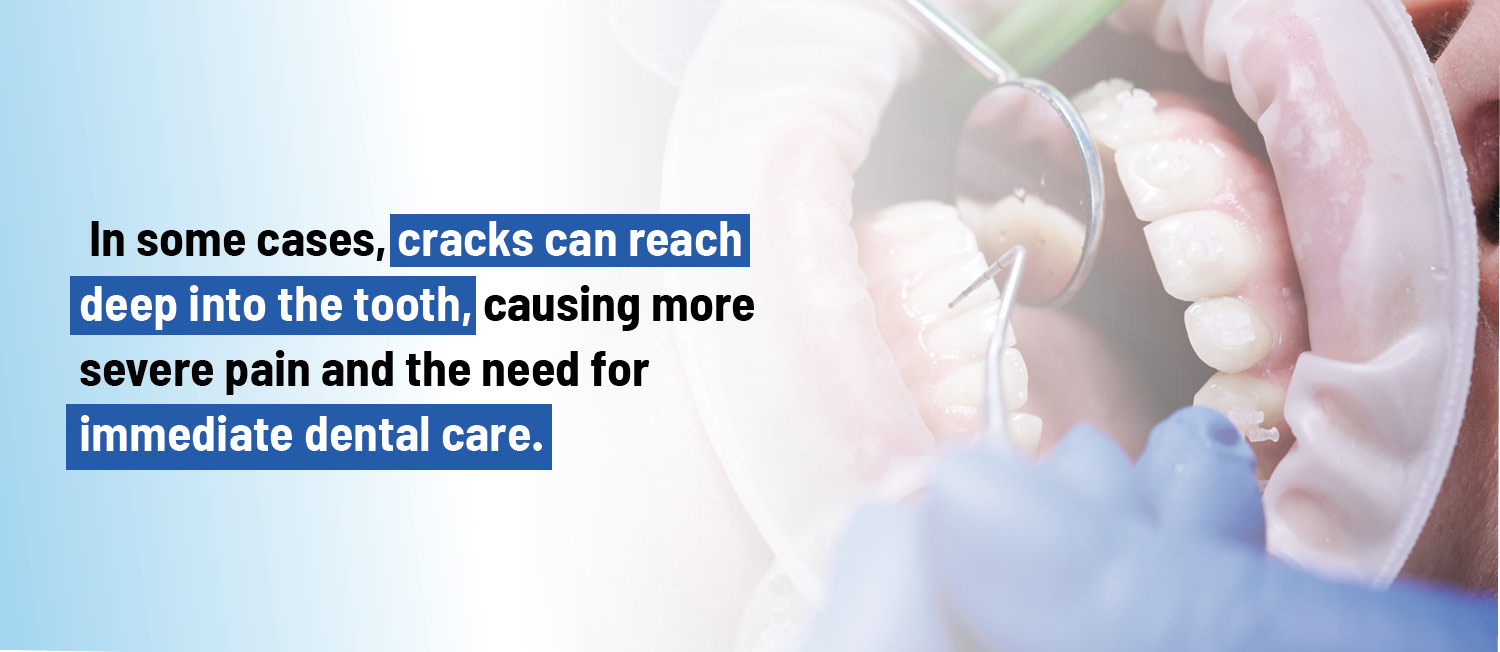Tooth sensitivity is something many people experience at some point. It can be a quick twinge when eating something cold, a sharp pain when sipping a hot drink, or even general discomfort when chewing.
Tooth sensitivity is common and is not always a reason for concern. However, if you are experiencing sensitivity that is severe or does not go away, it is important to call your dentist. They will examine your teeth to determine the cause of the sensitivity. They may offer some tips on what to do for sensitive teeth. For more serious issues, the dentist may recommend a professional fluoride treatment, a filling, or another procedure to help alleviate the sensitivity.
What Does Tooth Sensitivity Feel Like?
Tooth sensitivity can show up in various ways, and understanding the differences can help determine what might be causing the discomfort. Some patients experience general tenderness, where a tooth feels sensitive or painful when pressure is applied when biting down or chewing. Although the pain might not be severe, this kind of sensitivity can make eating unpleasant.
Another common type of sensitivity occurs in reaction to hot or cold temperatures. A patient may feel discomfort when drinking hot coffee or tea, or when enjoying cold treats like ice cream. The intensity of the sensitivity to cold or hot can vary. Some patients feel only mild discomfort, while others may experience sharp, sudden pain.
In certain cases, this sensitivity can appear without warning. Sudden tooth sensitivity is not always cause for worry, especially if it is not severe. However, for some patients, tooth sensitivity becomes a chronic issue, where discomfort is felt regularly. This ongoing sensitivity can interfere with everyday activities like eating and drinking. Whether the sensitivity is sudden or persistent, there are certain signs that it is time to see a dentist.

Will Tooth Sensitivity Go Away? When to See a Dentist
While tooth sensitivity is often harmless and can be caused by minor issues (for example, recent dental work or tooth whitening), it is important to recognize when it might be a sign of something more serious. Sensitivity that does not go away or gets worse over time can indicate an underlying dental problem that requires professional care.
CThere are certain signs and symptoms that should not be ignored, as they may point to issues like tooth decay, gum disease, or even infections. When these red flags appear, it is essential to consult a dentist to prevent the problem from getting worse and to receive the right treatment:
- Sudden, severe sensitivity: If a tooth suddenly becomes extremely sensitive without any clear reason, it might indicate a crack or infection.
- Pain that lasts more than a day: Sensitivity that doesn’t go away, or that worsens, could be a sign of a cavity or another problem that needs treatment.
- Swollen gums: If the gums around the sensitive tooth are swollen, this might be a sign of gum disease.
- Tooth discoloration: If the sensitive tooth looks darker or discolored, there could be an infection inside the tooth.
What Makes a Tooth Sensitive?
Now that you know when to call the dentist for a sensitive tooth, what causes the condition in the first place?
Tooth sensitivity can be caused by a variety of factors, and understanding the underlying reasons can help determine if tooth sensitivity will go away or if treatment is needed.
One of the most common things that make a tooth sensitive is worn tooth enamel. The enamel is the hard outer layer of the tooth that protects the sensitive inner layers. Over time, this enamel can wear down due to aggressive brushing, ongoing exposure to acidic foods, or natural aging. When the enamel becomes thin or damaged, it exposes the dentin, which contains tiny tubules leading to the nerve of the tooth. This can cause pain or discomfort, especially when consuming hot, cold, or sweet foods and drinks.
Another frequent cause is gum recession. Gum recession happens when the gums start to pull back from the teeth, exposing the lower part of the tooth that is normally covered. Gums protect the roots of the teeth, but when they recede, the more sensitive part of the tooth becomes exposed. Receding gums may be caused by gum disease, aging, or overly aggressive brushing. Patients with gum recession may experience sensitivity when drinking cold beverages or breathing in cold air.
Cavities are also a leading cause of tooth sensitivity. A cavity creates tiny holes in the enamel, allowing food particles and bacteria to reach the inner layers of the tooth. This can lead to sharp or throbbing pain, especially when eating sweet, cold, or acidic foods. If left untreated, cavities can worsen and lead to more severe issues, such as infections.
Dental infections can cause tooth sensitivity. Examples are pulpitis, which is an infection of the tooth pulp. Another common infection is a dental abscess, which is a bacterial infection at the root of the tooth. While these types of dental infections usually cause severe pain until they are treated, sensitivity may be an early warning sign that it is time to see the dentist.
A less obvious but still serious cause of sensitivity is cracked teeth. Teeth can crack due to trauma, biting down on something hard, or even from clenching the jaw. These cracks might be too small to see but can still cause discomfort when chewing or when the tooth is exposed to temperature changes. In some cases, cracks can reach deep into the tooth, causing more severe pain and the need for immediate dental care.
Another common issue is teeth grinding. Many people grind or clench their teeth, especially while sleeping, without realizing it. This repeated pressure wears down the enamel over time, exposing the dentin and causing sensitivity. Additionally, grinding can create tiny fractures in the teeth, further contributing to discomfort.
Lastly, recent dental work can sometimes cause temporary sensitivity. Procedures like fillings, crowns, or teeth whitening treatments can irritate the nerves inside the tooth, leading to sensitivity that lasts a few days or weeks. In most cases, this sensitivity will subside as the tooth heals, but if the pain persists, it is important to follow up with the dentist to rule out complications.
What to Do if Your Tooth is Sensitive
Understanding the types and potential causes of tooth sensitivity can help patients determine when it is time to call a professional. The dentist can answer questions you might have, including:
- Why is my tooth suddenly sensitive?
- Does my tooth sensitivity need treatment, or will it lessen over time?
- What can I do to prevent tooth sensitivity in the future?
If you are experiencing tooth sensitivity and have any of the warning signs described above, it is time to reach out to a dentist. Try our online search tool to get started!


